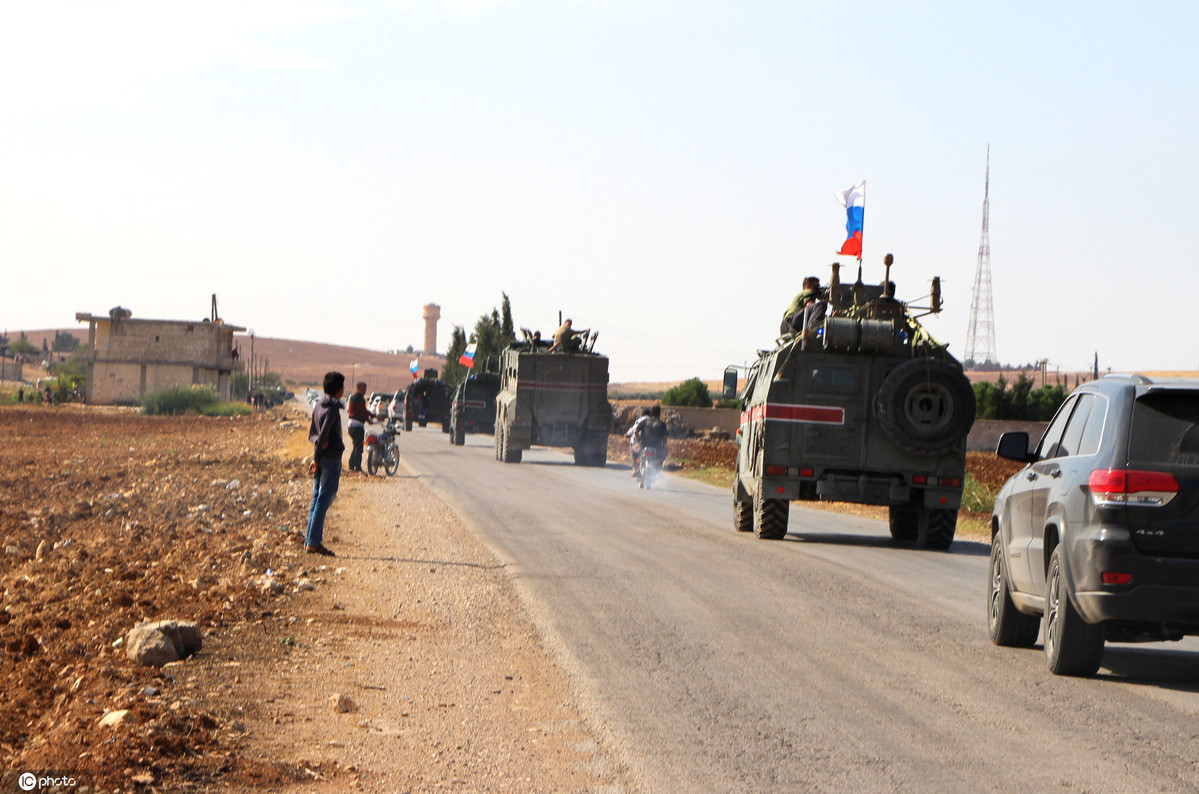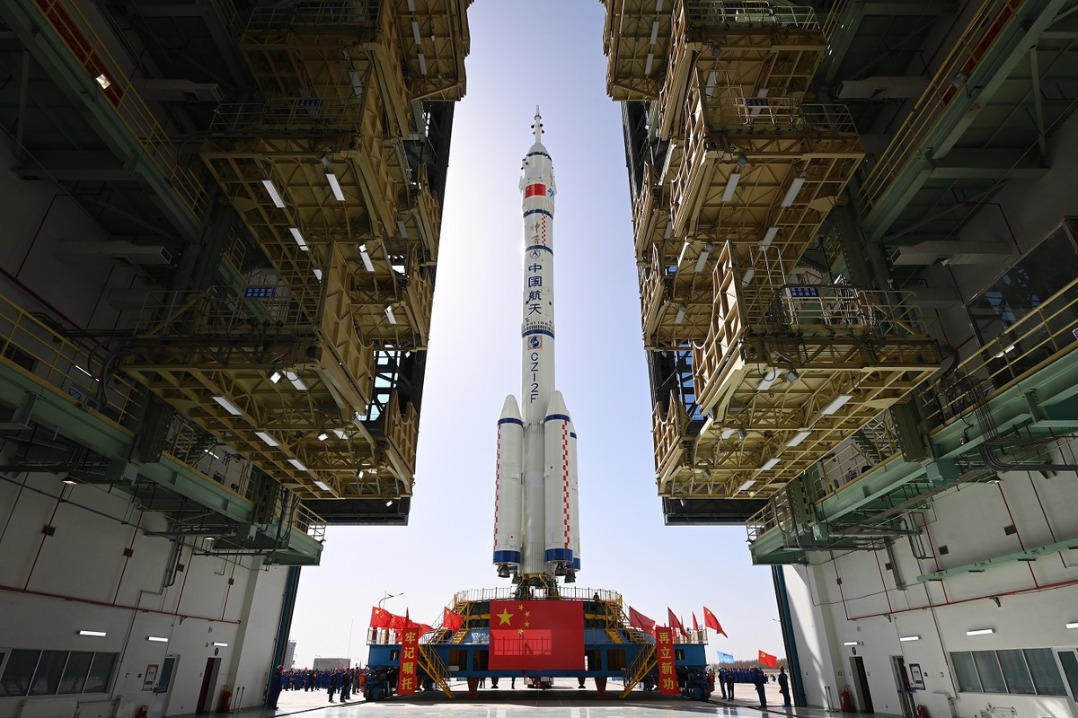Turkey-Syria conflict triggers new political changes in Middle East
By Wang Lei | China Daily | Updated: 2019-10-28 07:27

After striking a deal with Russia on Tuesday to ensure Kurdish forces in Syria withdraw from areas close to the Turkish border in 150 hours, Turkey extended the ceasefire along the Turkish-Syrian border. Ankara launched "Operation Peace Spring" on Oct 9 in a bid to create a "safe zone" on the Syrian side of the Turkey-Syria border by freeing it of the Kurdish-led Syrian Democratic Forces, which it claims are terrorists.
Ankara may heave a sigh of relief now, but in the aftermath of Operation Peace Spring, the situation in the Middle East could change drastically, not least because relations among the major players in the region have been changing constantly.
Turkey's military action inside Syrian territory evoked strong opposition from Middle East countries such as Saudi Arabia, Egypt, the United Arab Emirates, Kuwait and Israel, as well as the European Union. And many say Turkey's expansionist policy could change the power balance in the Middle East, because its offensive has further complicated the situation in the region.
However, Qatar's support for Turkey's action has blurred the diplomatic lines in the Middle East, making its reconciliation with other Arab countries even more difficult.
Yet a most surprising part of the Middle East riddle is the United States' stance. Despite being a close ally of the Kurds, particularly in the fight against terrorism, it withdrew its forces from northeast Syria leaving the Kurds in the lurch, for which it drew widespread criticism. Actually, it was the agreement on a "safe zone" between Washington and Ankara that prompted the latter to launch Operation Peace Spring.
The US has strived to ease the tensions with Turkey, its ally in NATO. US Vice-President Mike Pence arrived in Ankara on Oct 17 and signed a deal with Turkey, which forced the Kurdish forces to leave the "safe zone" in 120 hours. Also, the US has agreed to lift sanctions against Turkey in exchange for Turkey declaring a "permanent ceasefire" after the Kurds withdraw from the "safe zone". However, the US-Turkey deal has widened the rift between Washington and the Kurdish forces.
Following the US troops' withdrawal from Syria that sullied the reputation of Washington in the Middle East and beyond, Russia decided to strengthen its presence in the region. As an ally of Syrian President Bashar al-Assad, Russia mediated between Damascus and the Kurdish-led militia to allow Syrian government forces to enter Kurdish-controlled territories such as Manbij and Raqqa in order to resist any Turkish invasion.
And when Washington lowered the tone of its criticism against Iran and Russia for the attack on its ally Saudi Arabia's oil facilities, Russian President Vladimir Putin visited Saudi Arabia and the United Arab Emirates to discuss Syria's problems and the Saudi-Iranian dispute.
At the end of the 120-hour US-Turkey deal, Turkish President Recep Tayyip Erdogan met with Putin in Sochi, Russia, and struck a new deal, which includes Turkey maintaining control over the areas between north Syria's Tal Abyad and Ras al-Ain, the Kurdish forces withdrawing from the designated "safe zone" in 150 hours, Russian and the Syrian forces patrolling the Syrian side of the Turkey-Syria border, and Russian and Turkish forces jointly patrolling the Turkish-controlled areas.
The situation in the Middle East is still turbulent and unpredictable, though, as Syrian and Russian forces' presence in Manbij and Kobane in north Syria could create problems between Turkey and Russia.
And although the Kurds were forced to make concessions and leave northeast Syria, they refused to hand over control of the oil fields there to the Syrian and Russian forces, while the US plans to send troops to "protect the oil fields". Importantly, the Kurds, despite criticizing the US for withdrawing its troops from Syria, have not severed their ties with Washington, which means US-Kurd ties could be revived.
Moreover, thanks to the intensified conflict between Turkey and Syria, hundreds of Islamic State terrorists managed to flee Kurdish-controlled areas, raising worries that if the situation in the region spirals out of control, terrorist forces could reunite, even expand, and wreak more havoc in the Middle East and beyond.
The author is an assistant researcher of the Institute of World Economy and Politics at the Chinese Academy of Social Science. The views don't necessarily represent those of China Daily.























